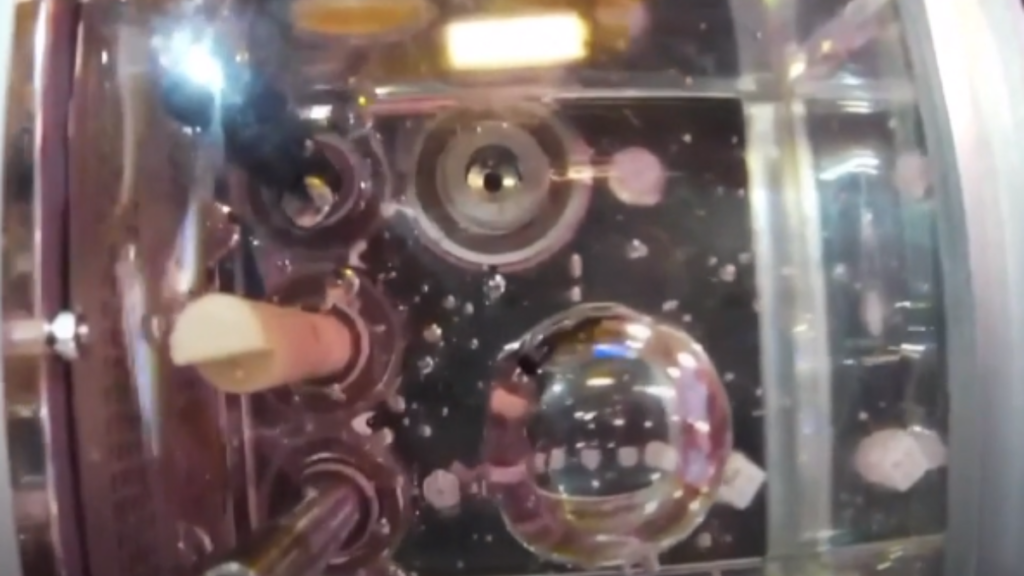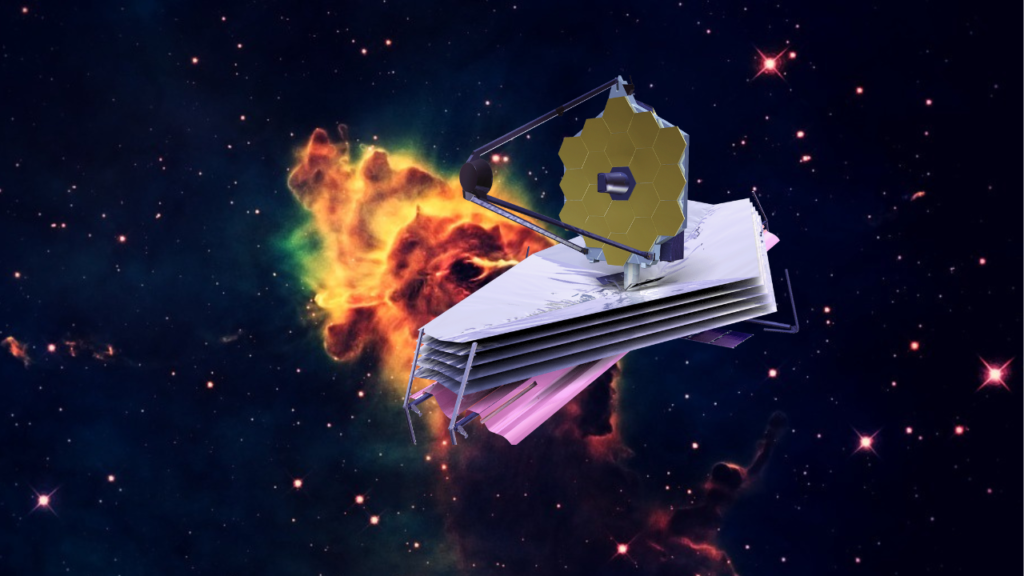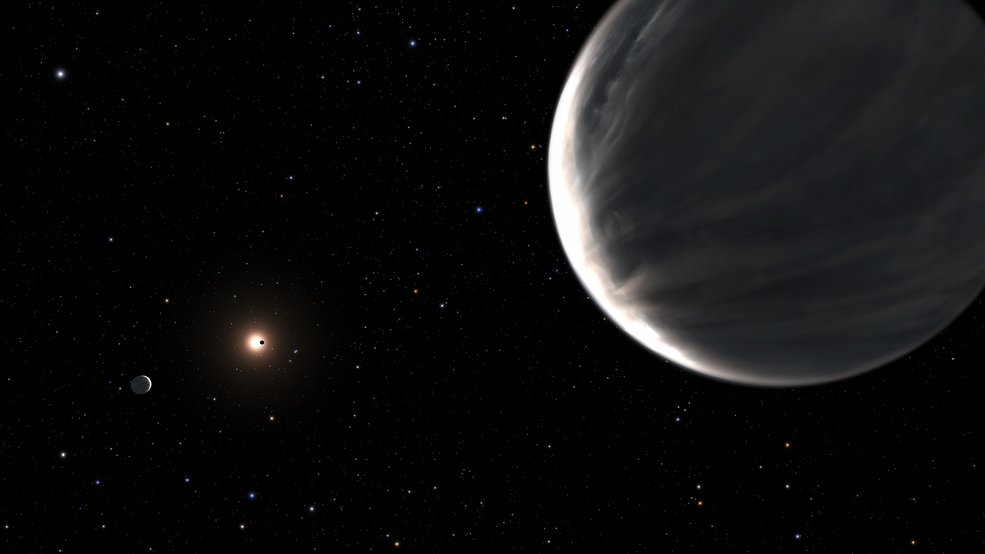The four zebrafish China sent to its space station are thriving after spending almost a month in orbit.
Launched on April 25 alongside three astronauts aboard the Shenzhou-18 spacecraft, the zebrafish and four grams of goldfish algae are currently in good condition in their aquatic habitat on China’s Tiangong space station, the Xinhua News Agency reported.
The so-called “aquastronauts” are part of a research project led by the Chinese Academy of Sciences (CAS) to study the impact microgravity and a confined ecosystem has on the growth, development and behavior of vertebrates. The research — the country’s first in-orbit aquatic ecological research project — relied on establishing a self-sustaining aquatic ecosystem in orbit.
China’s Tiangong space station orbits Earth at an altitude between 217 and 280 miles (340 to 450 kilometers), which is approximately the same orbital height as the International Space Station (ISS). Astronauts (or taikonauts, as China’s spaceflyers are called) studying the zebrafish have successfully collected water samples twice and replaced the fish food box once. This initiative marks the first vertebrate-raising experiment of its kind in space, according to Xinhua.
The zebrafish, a small fish species belonging to the minnow family, are one of the most frequently used model organisms for genetic and developmental studies. The research currently underway on Tiangong will explore the effects of microgravity and radiation on biological systems and aid in mitigating bone loss in astronauts.
Given the microgravity environment on Tiangong, the astronauts have also observed the zebrafish exhibiting unusual directional behavior, such as inverted swimming and rotary movements, Zheng Weibo, a researcher at Shanghai Institute of Technical Physics of the CAS, shared at a public science day event in Beijing on May 19.
Source: https://www.space.com/china-tiangong-space-station-zebrafish-healthy



